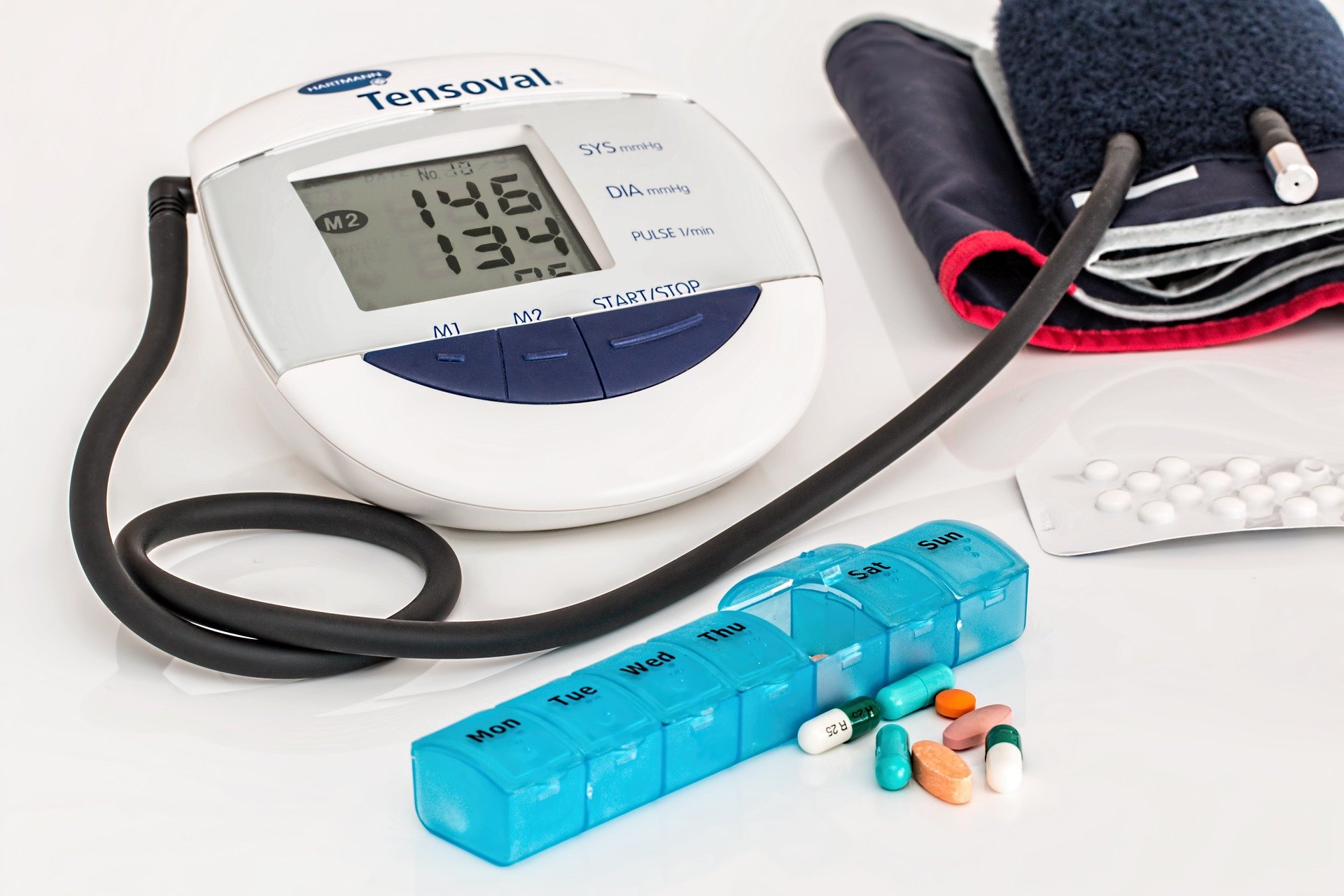
One of the issues that often come up in a Virginia injury case is what to do about the medical bills. Some people mistakenly believe that since they were in a car accident, the insurance company of the person who caused the wreck will immediately pay the medical bills. This is simply not the case. The case cannot and should not be settled until the medical treatment is through. In the meantime, you want your medical bills paid by any health insurance or other insurance that you have that will pay for those bills.
If you have private health insurance, you want to have your bills sent to that health insurance for payment. Your goal is to get the bills paid so medical providers will not be calling you for the full amount of the bills and they will not try to send the bills to collections agencies. You will have to pay your co-pays and deductibles, but you want to make sure the bills are paid. After you have recovered from the injuries, a claim will be made for all of your medical bills.
If your health insurance company pays your medical bills, you may or may not have to reimburse them for the payments they made when you settle your personal injury case. Whether or not you have to repay the health insurance company depends on your policy. When a health insurance tries to reclaim money they paid out from a personal injury settlement, it is called “subrogation.”
If you have Medicare, you want your medical bills to be paid by Medicare. You need to be careful because some medical providers will claim that since you were in a car accident, they will bill the car insurance company. You should have them bill Medicare. The provider is simply looking to get paid more than the Medicare reimbursement for the treatment. While there is some argument that Medicare is a secondary payer, you will not likely be paid by the car insurance company for months or even years, so the provides cannot expect to receive payment promptly and should therefore bill Medicare.
Medicare is entitled to be reimbursed for what they pay for your medical treatment if or when you settle your car accident claim. Although they can do this, there are two reasons that using Medicare helps you make a better recovery for your injuries. First, Medicare’s lien will be for the amount of the medical bill that Medicare paid. Second, Medicare will reduce the lien by the percentage of your attorney’s fee and the costs involved in the case.
Example: if you go to the doctor and the bill is $100, Medicare may pay $30 to the provider, which the provider accepts as payment in full. If your case had no cost or attorney fee of 1/3, then the final Medicare lien for the bill should be $20, even though the claim for medical bills from the liability insurance company is for the full $100.